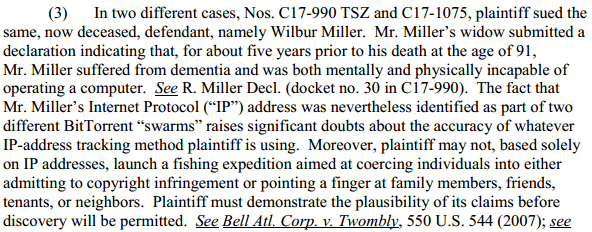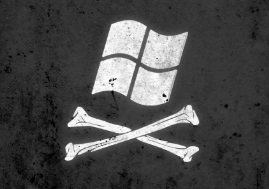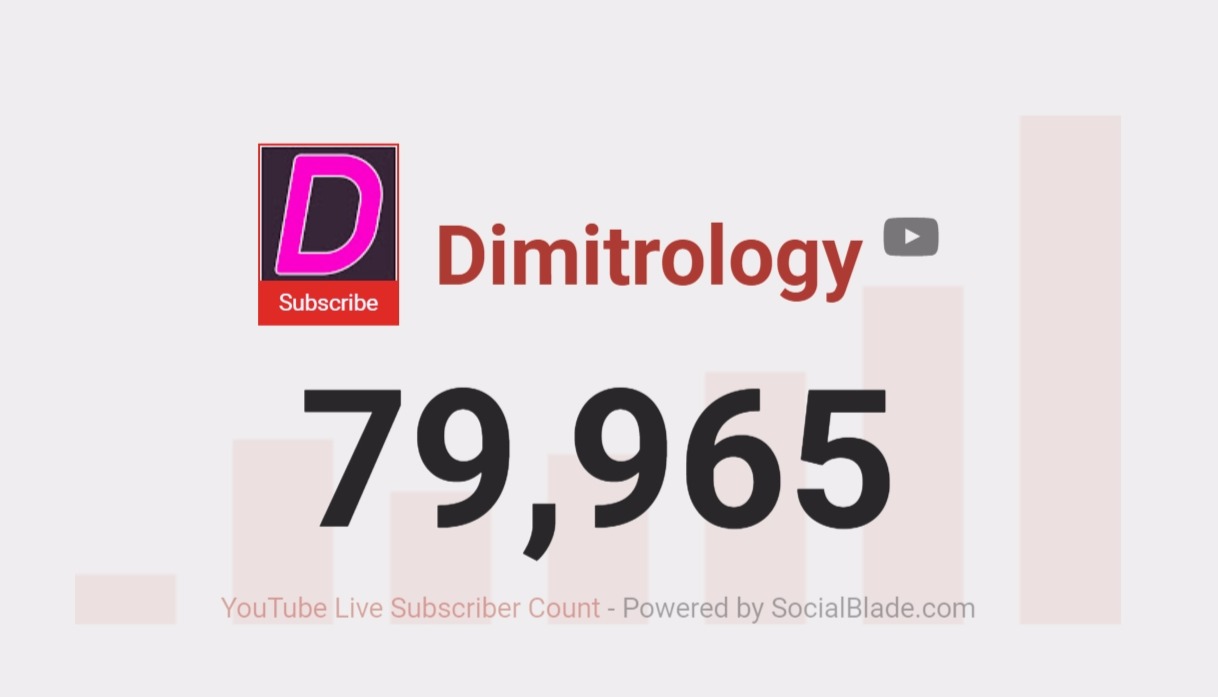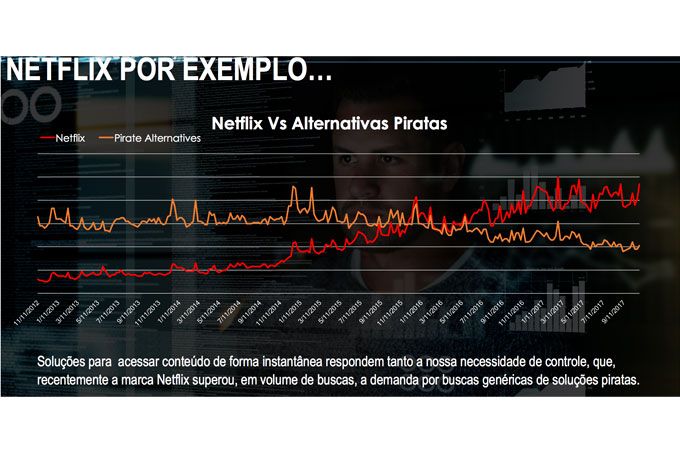
While the numbers are massive, there are only a few so-called “copyright trolling” operations running the show.
These are copyright holders, working together with lawyers and piracy tracking firms, trying to extract cash settlements from alleged subscribers.
Getting a settlement is also what the makers of the “Elf-Man” movie tried when they targeted Ryan Lamberson of Spokane Valley, Washington. Unlike most defendants, however, Lamberson put up a fight, questioning the validity of the evidence. After the filmmaker pulled out, the accused pirate ended up winning $100,000 in attorney fees.
All this happened three years ago but it appears that there might be more trouble in store for Elf-Man and related companies.
The Washington non-profit organization Center for Justice (CFJ) recently filed a motion to intervene in the case. The group, which aims to protect “the wider community from abuse by the moneyed few,” has asked the court to unseal several documents that could reveal more about how these copyright trolls operate.
The non-profit asks the court to open up several filings to the public that may reveal how film companies, investigators, and lawyers coordinated an illegal settlement factory.
“The CFJ’s position is simple: if foreign data collectors and local lawyers are feeding on the subpoena power of federal courts to extract settlements from innocent people, then the public deserves to know.
“What makes this case so important is that, based on the unsealed exhibits and declarations, it appears that a German operation is providing the ‘investigators’ and ‘experts’ that claim to identify infringing activities, but its investigators apparently have a direct financial interest and the ‘software’ is questionable at best,” CFJ adds.
Another problem mentioned by the non-profit organization is that not all defense lawyers are familiar with these ‘trolling’ cases. They sometimes need dozens of hours to research them, which costs the defendant more than the cash settlement deal offered by the copyright holder.
As a result, paying off the trolls may seem like the most logical and safe option to the accused, even when they are innocent.
CFJ hopes that the sealed documents will help to expose the copyright trolls’ “mushrooming” enterprise, not just in this particular case, but also in many similar cases where people are pressured into settling.
“The entire lawsuit may have been a sham. Which is where CFJ comes in. Money and information remain the most significant hurdles for those being named as defendants in lawsuits like this one who receive threatening settlement letters like the one Mr. Lamberson received.
“CFJ’s goal is to level the playing field and reduce the plaintiffs’ informational advantage. The common-law right of access to judicial records is especially important where, as here, the copyright ‘trolling’ risks infecting the judicial system,” the non-profit adds.
The recent filings were spotted by SJD from Fight Copyright Trolls, who rightfully notes that we still have to see whether the documents will be made public, or not. If they are indeed unsealed, it may trigger a response from other accused pirates, perhaps even a class action suit.
—–
Center For Justice’s full motion to intervene is available here (pdf).
Source: TF, for the latest info on copyright, file-sharing, torrent sites and more. We also have VPN discounts, offers and coupons

 While most cracking groups operate under a veil of secrecy, China-based
While most cracking groups operate under a veil of secrecy, China-based 

 In recent years, file-sharers around the world have been pressured to pay significant settlement fees, or face legal repercussions.
In recent years, file-sharers around the world have been pressured to pay significant settlement fees, or face legal repercussions.

 For many years, Microsoft and the Business Software Alliance (BSA) have carried out piracy investigations into organizations large and small.
For many years, Microsoft and the Business Software Alliance (BSA) have carried out piracy investigations into organizations large and small. 
 As part of its quest to reduce piracy, the MPAA continues to spend money on its lobbying activities, hoping to sway lawmakers in its direction.
As part of its quest to reduce piracy, the MPAA continues to spend money on its lobbying activities, hoping to sway lawmakers in its direction.



 Sci-Hub, often referred to as the “Pirate Bay of Science,” hasn’t had a particularly good run in US courts so far.
Sci-Hub, often referred to as the “Pirate Bay of Science,” hasn’t had a particularly good run in US courts so far.